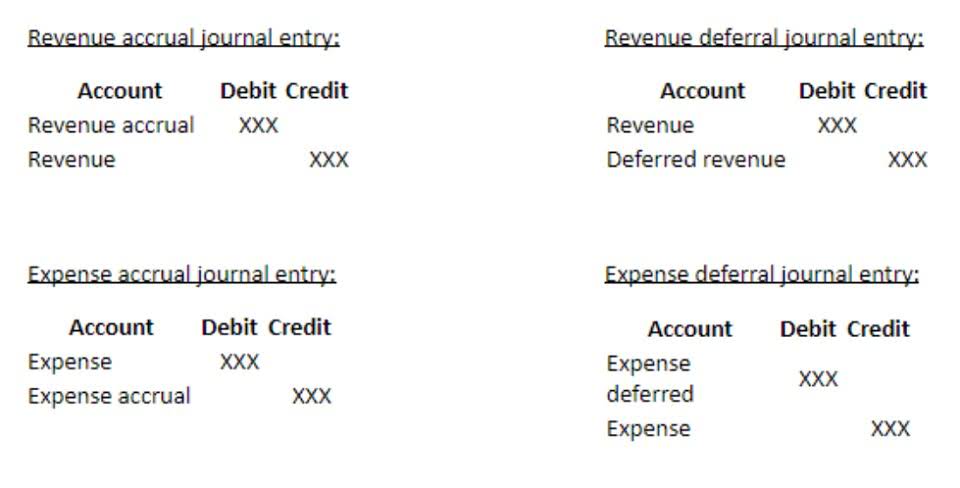Financial Documents: What To Save And What You Can Throw Away

You should consult an expert to ensure you’re compliant in how you keep records secure. Eight states have adopted this standard, including how is sales tax calculated Colorado, Georgia, Illinois, Maryland, New Hampshire, North Dakota, Oklahoma, and Texas. It states that businesses should keep records not covered under statute-specific retention periods for at least three years. As a business owner, accounting records must be at the top of your to-do list.

How Long to Keep Business Tax Records
- Whether you’ve been in business only a few years or fifty, you’ve likely generated a lot of paperwork—from old tax returns to payroll records and maybe even pension statements.
- It’s easy to get wrapped up in your list of to-do’s—but properly managing your business’ finance and tax records should be just as much of a priority as perfecting your craft, or training your employees.
- If you obtain property in a nontaxable exchange, you’ll need to keep the tax records of both the old property and the new property until the period of limitations expires when you sell the new property.
- You can use an electronic record-keeping system to keep things organized.
- No limit – There’s no period of limitations to assess tax when you file a fraudulent return or when you don’t file a return.
However, instead of stockpiling everything, it’s smarter to have an overall plan for keeping your records to make sure you keep the important stuff. Digitizing your records is also a great way to avoid accidentally tossing them in a move or an overzealous fit of spring cleaning. Plus, let’s not forget that paper records can fade, and are susceptible to damage. Bench simplifies your small business accounting by combining intuitive software that automates the busywork with real, professional human support.
- Keeping good records ensures that you have accurate financial statements and that you can assess how your business is doing at any time.
- Our best expert advice on how to grow your business — from attracting new customers to keeping existing customers happy and having the capital to do it.
- Except in a few cases, the law does not require any special kind of records.
- This guide will walk through how long you need to keep certain records and what you need to keep, so you’ll be prepared if the IRS comes asking for your records.
- But hanging on to those tax records for the 10 years will help you justify the claim if the need arises.
Stay up to date on the latest accounting tips and training
It’s crucial to hang onto records that reflect your income and deductions in case your business is audited, and also to protect yourself and your business against any legal or insurance issues. Some businesses choose to use electronic accounting software programs or some other type of electronic system to capture and organize their records. The electronic accounting software program or electronic system you choose should meet the same basic recordkeeping principles mentioned above. All requirements that apply to hard copy books and records also apply to electronic records. For more detailed information refer to Publication 583, Starting a Business and Keeping Records. If you do experience this situation, it is important to immediately document the disaster by filing an insurance claim detailing the damage.

Next steps: Create a document retention policy

Health insurance policies and related documents are important to keep long term, too. So long as your health insurance is active, you should keep these records. If your coverage ended or you’ve moved to another insurance company, go ahead and toss paperwork once you’re sure you won’t need it. The same is true if you receive disability or unemployment benefits. Beyond the 10-year mark, the Food Truck Accounting IRS only recommends holding onto your tax records if you’ve filed a fraudulent return or didn’t file a return at all. The IRS actually recommends holding onto these records if you’ve willfully broken the tax code.
- The IRS will need accurate estimates of the loss in order to approve disaster-related deductions and to help with loan and grant money cases.
- To be extra safe, it’s best to digitize as many records as you can and keep them for at least seven years, and in some cases, indefinitely.
- On the federal level, the Occupational Health and Safety Administration (OSHA) requires businesses to retain records on workplace injuries for five years.
- If you decide not to file a return, you must keep your records indefinitely.
- In fact, you can be downright inundated with records… from tax returns and expense receipts to invoices, canceled checks, payroll records, bank statements, meeting minutes—the list goes on.
- Our partners cannot pay us to guarantee favorable reviews of their products or services.
It’s easy to get wrapped up in your list of to-do’s—but properly managing your business’ finance and tax records should be just as much of a priority as perfecting your craft, or training your employees. You should retain lease and business loan documents that pertain to tax deductions for the seven-year period described earlier. how long do you need to keep business records Department of Labor, also have recordkeeping requirements for discrimination claims. Digital files offer the advantage of real-time access to information from anywhere.
- If you’re like many of us, the amount of paper that enters your home is hard to handle at times.
- Many businesses aren’t sure how long records must be saved in the paperless era.
- For other documents, you can use a scanner to scan them into your computer, or you can take photos using your cell phone.
- If you’re in business, there’s not a required method of bookkeeping you must use.
- Accounting records cover large and small transactions, from daily sales to building loan payments.
- Insurance claims can be filed years after an incident, so maintaining those records can offer protection.




